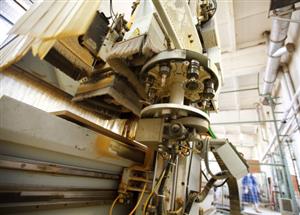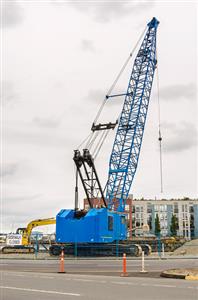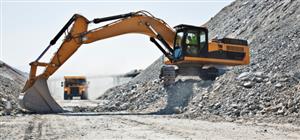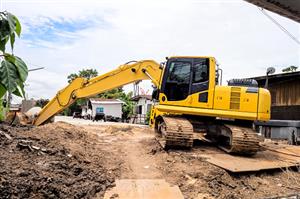
When you have a shop full of prime lumber and fine equipment to turn it into a piece of fine craftsmanship, equipment values may be the furthest thing from your mind. But what about when you move from being a hobbyist to a professional and need to get a loan to open your business' doors or purchase more advanced equipment? How do you prove the value of your equipment if it needs to be used for collateral? Unlike vehicles, there's not a handy guide to valuing shop machinery. A woodworking equipment appraisal performed on your equipment is a great way to fill the gap. Here's how it helps you make the most of your assets:
How a Woodworking Equipment Appraisal Helps You Leverage Your Assets
Equipment appraisals provide a better picture of the value of your machinery. Though you may have seen a similar piece of equipment go for a particular amount at a local auction, that may not dictate the actual value. The auctioned equipment may have been of better or lower quality than your machine to begin with. It could have been neglected in maintenance and repairs, which would be reflected in a shorter expected useful lifespan or lower appraised value. The wrong buyers could have been at the auction, resulting in a lower than usual ending bid or a bidding war between a pair of bidders with a sentimental attachment to the machinery. There are many factors that come into play that can affect the value.
Are you basing the value on a tax depreciation table? If you haven't been using the equipment full time or if the machinery is expected to have a longer expected useful lifespan than the depreciation table accounts for, the machinery will often last for quite a while after its depreciated value has reached zero. If you then use the tax documents to verify value, the financial institution you want to work with may decide you don't have sufficient collateral to receive the loan, which can have a serious impact on your business' growth and future performance.
What about when you have an opportunity but aren't sure if the risk is worth it? If your machinery is being heavily used or goes without necessary maintenance or repairs, you may lose your business over the investment. Why? If you are basing the equipment off the value of a depreciation table or used sale price, the actual value may not provide a sufficient cushion from the investment risk. If you make the investment and then need a loan to cover expenses while the investment is being paid off, your financial institution may not agree with your value figures, preventing you from receiving much-needed cash and resulting in a cash flow issue. If your equipment becomes unusable and must be replaced before the investment has paid for itself, that additional expense could also sink your business. Having a quality valuation of your woodworking machinery helps ensure you're basing your decision on solid values.
When you have a solid idea of what your machinery is worth, it's much easier to use those assets to pursue your future plans. A woodworking equipment appraisal is a great tool in that planning.





